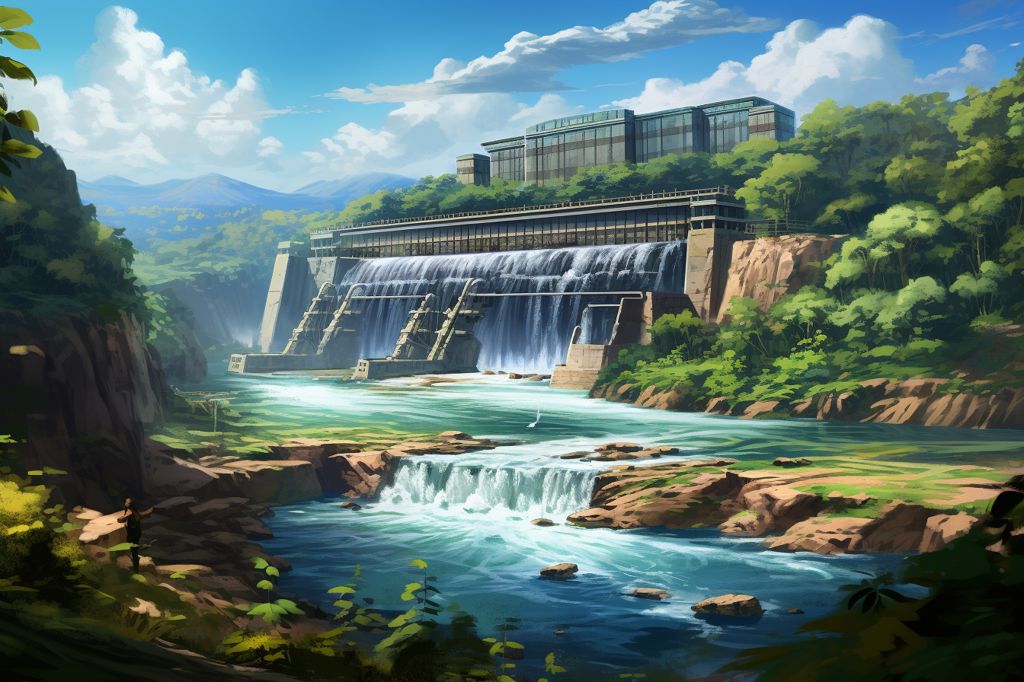On June 27th, 2023, the Department of Water and Sanitation (DWS) in Western Cape will be hosting a media tour at the Berg River Dam, located near Franshoek. This tour aims to provide insight into various crucial aspects of water and sanitation in the region. The media tour is a platform for DWS to communicate their initiatives, challenges, and progress with the public while ensuring transparency and accountability.
Current Water Situation in Western Cape
The media tour will focus on several key issues, including the current water situation in the Western Cape following significant rainfall. Recent rains have brought cautious optimism as dam levels across the Western Cape have seen much-needed replenishment. However, DWS emphasizes that water conservation remains critical. The water stored during these winter months will be heavily relied upon during the dry and hot summer months typical of the region.
Infrastructure Update
The media tour will also provide an update on infrastructure, taking into account the destruction caused by heavy downpours. The potential water supply issues resulting from floods in the area will also be discussed. The media tour will grant members of the press firsthand information on the state of water and sanitation in the Western Cape, allowing for informed reporting and analysis.
Sustainable Water Management and Natural Beauty
The Berg River Dam and its surrounding area offer a picturesque location near Franshoek and provide an opportunity to explore the natural beauty of the Western Cape. This further emphasizes the importance of sustainable water management in preserving the region’s ecosystem and biodiversity.
RSVP and Securing a Spot
Members of the media interested in attending the media tour are encouraged to RSVP and secure their spot. Engaging with DWS officials and experts during this tour will provide a unique opportunity for members of the press to gain insight into the efforts undertaken by DWS and the challenges they face in maintaining and improving the water supply system.
Ongoing Need for Sustainable and Responsible Water Consumption
The media tour at the Berg River Dam serves as a timely reminder of the ongoing need for sustainable and responsible water consumption. Despite the recent rainfall and its positive impact on dam levels, water scarcity remains a pressing issue in the Western Cape. Through transparent communication and collaboration with the media, the DWS aims to raise awareness and encourage responsible water use, ensuring the long-term sustainability and well-being of the region’s communities and natural environment.
As the media tour unfolds, the public waits eagerly for updates on the water situation, infrastructure developments, and the impact of recent downpours on water supply issues. The event highlights the efforts made by the Department of Water and Sanitation, reinforcing the importance of ongoing vigilance and concerted action in addressing water challenges in the Western Cape.








